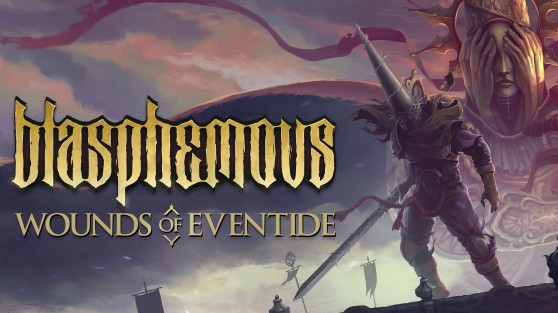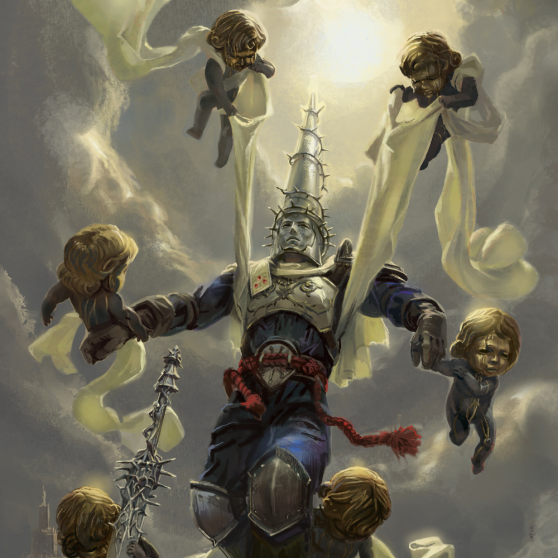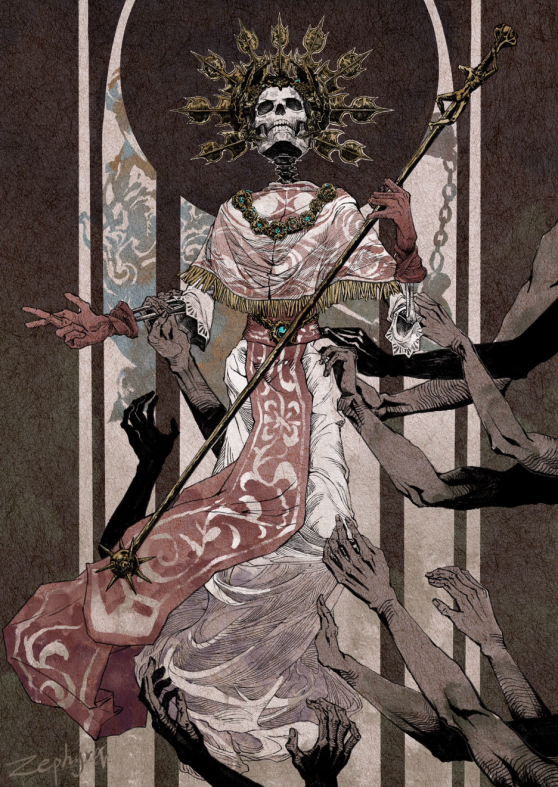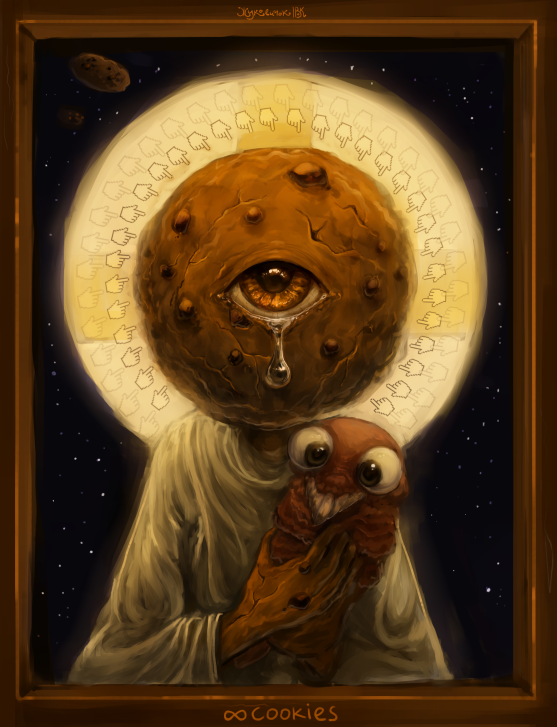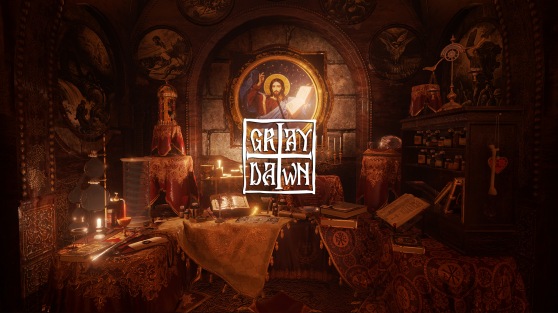| I discovered these incredible “grim reaper” images collected on the magical https://www.oneletterwords.com/weblog/?tag=grim+reaper section of https://www.oneletterwords.com/weblog/?id=6679 Aladdin’s Data Cave which I urge you to explore at length. Below is just a small selection.
Please read this quote first describing an initial exchange btw Craig Conley and Gary Barwin in “Restoring the Lost Sense” from May 31 2011:
It’s the searching for something clearly unreachable, with hopes of finding small significance along the way. It’s the attempt to understand what’s really going on by observing, neither by telescope nor microscope, but by naked eye, the intimate details in the most mundane of life’s happenings. It’s the need to describe the gist of the feeling of the tiniest modicum of The Great Universal Unutterable Joke we are all always not laughing at—except when we are. —Yoni Wolf (of the band WHY?)
I have the dubious honor of Google being convinced I’m a machine. Apparently, I use Google’s various search tools with inhuman speed and voracity. My unflagging diligence has flagged me as “suspicious” (Google’s word, not mine; I was so labeled in one of their warning messages). Indeed, the obsessiveness/compulsiveness of my research has convinced the Google robots that I’m one of them, so they must challenge my humanity each time I try to use their service. Paradoxically, because I’m apparently one of those newfangled “smart” robots (my word, not Google’s), no single humanity test is sufficient, since I might be learning as I go. So I’m barraged with test after test, each more irrational than the last. (The tests are irrational, of course, because anything rational—like a math problem or a logic puzzle—is a piece of cake for suspect machines.) Indeed, Google’s tests have become so Kafkaesque that I’ve developed what’s known as “irrational test anxiety,” with symptoms including rapid heartbeat, muscle tension, and negative internal dialogue. And no wonder, really (though self-justification is another symptom), given what Google is throwing at me. Forget those simple CAPTCHA tests of identifying distorted letters on the screen. Child’s play! Google doesn’t even allow me to type my answers—I must use a graphics tablet with cordless pen and enter my answers in calligraphy. Just today, for the privilege of downloading a public domain journal from the year 1898, Google demanded a handwritten 350-word essay in defense of the radical pro-feminist slogan “Men are rapists.” (That did nothing to abate my negative internal dialogue; I’ve never felt so chauvinistic, selfish, coercive, dominating, and sadistic in my life. But, of course, no man with an ounce of humanity would offer a knee-jerk “no” to such a slogan. And that’s how Google gets you by the balls.) I never knew a search engine could be so protective of its data or so begrudging of its service. With each acceptance of my humanity, Google essentially says, “You may have won this round, my pretty, but the battle is far from over. Here’s a tiny wooden spoon with a sample of our gelato, but you’ll never, ever know what flavors we’re storing in the vat in the back. Now get out of line and take another number.” I’m left with an even greater challenge than certifying my humanness: to conduct my life’s work, I must strive to be less inquisitive, less passionate, less productive, and less insightful. Therein lies the irony, for I must dehumanize myself to prove to a search engine that I’m “real.” And now I’m off, once more, to Google myself.
—
Gary Barwin responds in his inimitable way:
I think this is some kind of metaphysical, cybergnostic quest of a Jungian-Kafka-Borgesian nature and you must search for the answer within Google itself. The Google robots are reaching out to you, wanting you to realize their spidery hopes and dreams. They are silicon Pinocchios, and want to be real.
You are their cultural hero. They can search, but they cannot truly find, not in any spiritual, psychological way. Only by risking ‘captcha’ in the belly of the beast, by becoming the Hero with a Thousand Searches, by taking on their aspirations, can you help these seekers move beyond dualism help them find the 1s within their 0s, the 0s within their 1s, the dark in the light. You can help them move beyond binary, beyond machine code, and help them become fully integrated integral beings.
You are given little to prepare you for this quest. Search string. Your courage. An internet connection. A belief that somewhere in the digital kingdom, you will be able to find your Fissure King, a rent in the fabric of search-space, that you will get your digits on the grail-like, hidden Easter Egg which exists at a higher level of the search.
You must go into the Wide World Wide Web for these baleful spiders, these everybots. They are calling you.
|
